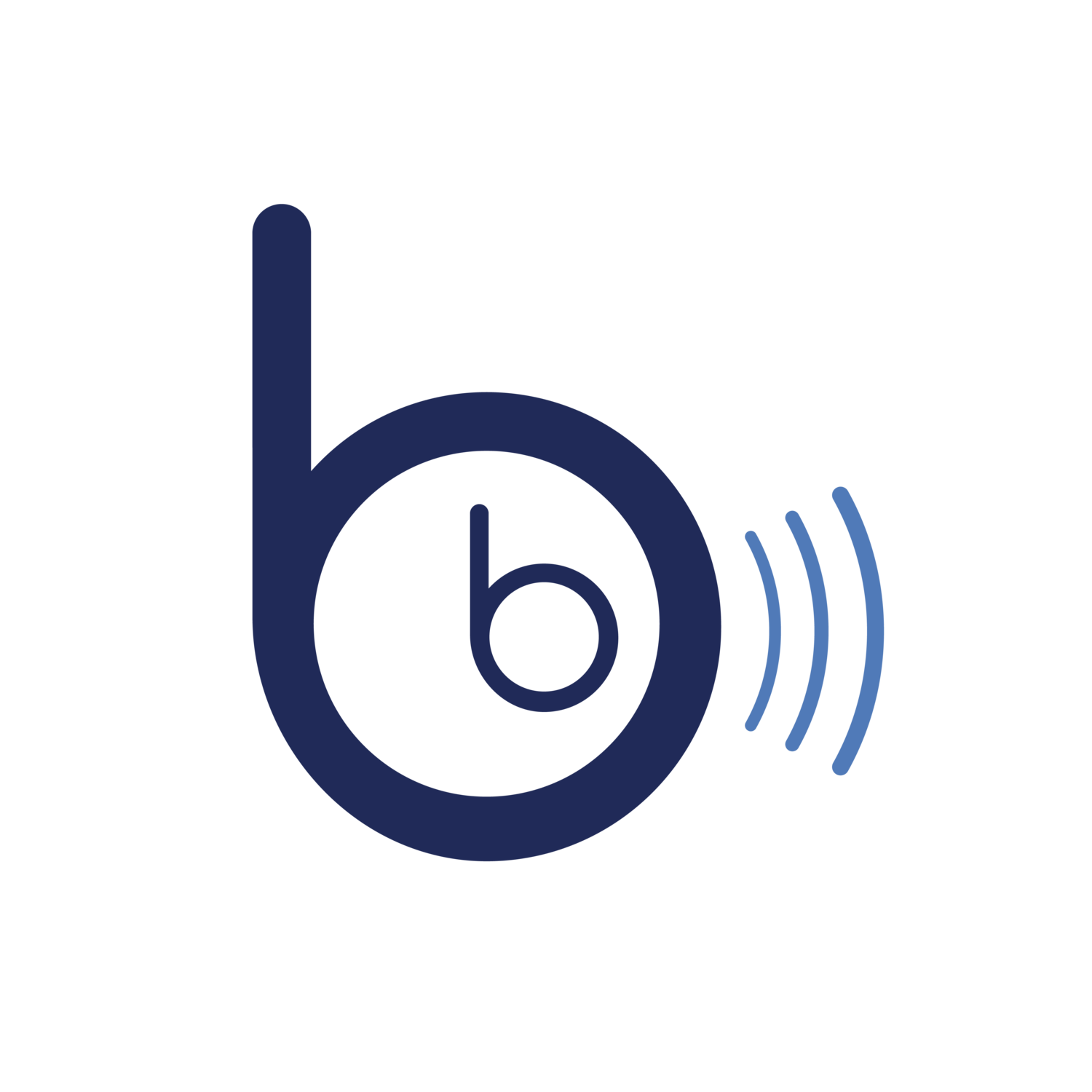How to Prepare for an Interview as a Diagnostic Medical Sonographer
You wrote the perfect cover letter and polished up your resume. Now, the only thing holding you back from your dream job is acing the interview. Here are a few tips from our team of experienced human resource specialists to help you nail the interview:
· Practice makes perfect – study potential interview questions and practice the interview before you go in for the real thing. You’ll feel better prepared and more confident in your answers.
· Do your research – Look up the company and their history beforehand so you feel comfortable discussing during the interview. You will also be able to ensure their mission statement aligns with your values (or passions).
· Be prepared for a phone interview – Don’t be surprised when an interviewer calls you on the number you gave them at the agreed upon time. Make sure you are in a quiet place to take the phone call, away from any potential distractions.
· Updated your voicemail – Your voicemail is to your interview as your email address is to your resume. Make sure it’s professional. If you have extenuating circumstances and are not able to take the phone call for the interview, your voicemail should have your first and last name, so they know they called the right number. Also make sure your voicemail isn’t full so they can leave a message. Make every attempt to notify the interviewer of your conflict in advance.
· Be confident – Walk into the interview with confidence. Be confident in your work history. Be confident in your ability to do the job. Be confident in what you bring to the organization. When you enter the room with that self-confidence, you let the interviewers know you are the person for the job.
· Be on time – There’s an old saying, “Five minutes early is on time. On time is late. Late is unacceptable.” This certainly applies to job interviews. Make sure you give yourself enough time to account for traffic, finding the right building/office, and getting through any potential security. The last thing you want is the interviewer waiting on you to arrive and you walk in feeling flustered.
· Dress professionally – Being overdressed is better than being underdressed. Some markets are more casual than others but err on the side of caution and present yourself well. If you are asked to come in scrubs, all black scrubs are preferred for BB Imaging. A solid color is an acceptable substitute. If your interviewer doesn’t let you know what to wear to the interview, be proactive and ask. Also, make sure you put your phone and any other potential distractions away during the entire interview.
· Who’s who – Know the name of the person you are scheduled to meet during the interview. If you are introduced to others during the interview process, especially potential co-workers, make an effort to remember their names.
· Come prepared – Bring a few paper copies of your resume. You may meet someone during the process who hasn’t seen it yet. Ask ahead of time what requirements there are before visiting the clinic and starting the position. Consider immunizations you may need and records you may have to present. This shows you are eager to get started in the clinic and thinking ahead.
· Ask questions – Show that you’re interested in the job and the clinic by asking questions. How do they run the practice? What is their approach to training? Let them know that you’re interested in the development of the position and the clinic.
· Be flexible – Block off the whole morning or afternoon for the interview. This allows plenty of time for you to tour the clinic or meet any potential co-workers. If you have a time limitation, explain that before the interview (I wouldn’t suggest an option to tell someone at the beginning of the interview)
· Follow up, quickly – Send a quick “thank you” note promptly after the interview. Send it to the person you met with and any one you spent time talking to during the interview. The letter should be brief and simply thank them for their time, highlight something specific from the interview and explain why you would be a good fit for the role. This helps keep you fresh in the mind of the person doing the interview. You can send this via email because they may not have a typical office, making it harder to send through the mail.
Your resume and cover letter proved that you have the experience to do the job. With these tips, you can have a successful interview, get an offer letter, and start your new job. View our current openings and apply for your next career move today.

